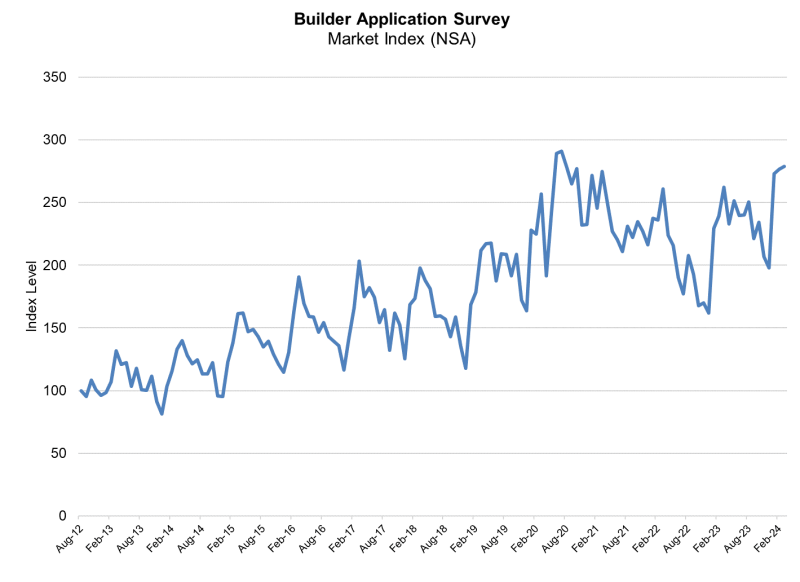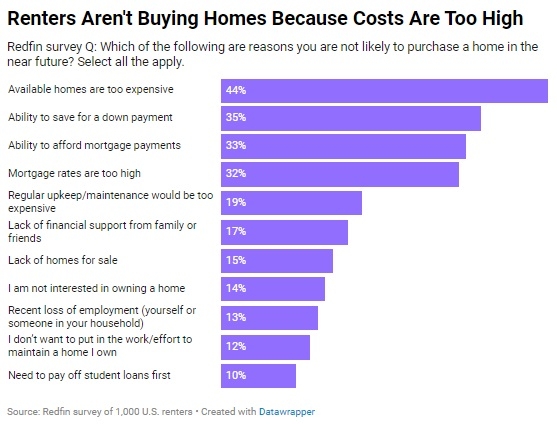Advertisement
Why Is Communication So Hard?

Before we dive into what needs to change, we must understand the problem better. Webster’s Dictionary defines “Communication” as “A process by which information is exchanged between individuals through a common system of symbols, signs or behavior.” Okay, so by that definition, we are communicating all the time. I get it, but it doesn’t help me understand the problem. We need to look further.
I found a definition for “Excellent Communication” that states “A communication that is managed strategically, meets its objectives, and balances the needs of the organization and the needs of key people with two-way symmetrical communication” (Grunig & Grunig). Though I love that definition, it still doesn’t help me understand why it is so hard to be (and be perceived as) an effective communicator.
George Bernard Shaw wisely observed, “The single biggest problem in communication is the illusion that it has taken place.” The biggest threat to good communication lies in our perceptions tricking us into feeling that we have communicated effectively or that we have understood clearly. The worst part about this is that our perceptions form our reality—which is to say that if we are not diligent in maintaining a high sense of awareness, we will never know when we communicate poorly.
How do we fix something that we are not even aware of?
First off, let’s remember that the things we take for granted in life (i.e., how we communicate) are often very complex processes when analyzed. For example, anytime we communicate something, there are six checkpoints that our message must pass through before it is fully transmitted. At any of these points, our message can either pass through in its intended form, or become distorted.
The six checkpoints are:
1. What I want to say
2. What I actually say
3. What the other hears
4. What the other understands
5. What the other wants to say in response
6. What the other actually says in response
Personal filters
Let’s assume that Bill is an excellent communicator and can translate what he “wants” to say into what he “actually” says. That information still has to pass through John’s (the listener’s) “personal filters.” These filters form an invisible barrier that can distort even a seemingly clear message from Bill. Common filters include one’s emotional state, cultural background, situational context, personal beliefs and the stress level of the listener. These filters will influence the perception and interpretation of Bill’s message, resulting in either a clear communication or a distorted one.
With the seeming transparency we have today online, there is a new player in the game of influencing filters—online reviews. With reviews, consumers are empowered to tell other consumers what it is like to do business with you. Whether we want to face it or not, this is a reality in today’s business world and each day more and more people are turning to reviews to guide their decisions.
To learn more about taking control and managing your online reputation, please visit www.BetterLoanOfficers.com.
Rene Rodriguez is founder and chief executive officer of BetterLoanOfficers.com, a powerful and easy-to-use online loan officer review management system. Loan officers can collect, manage and promote their reviews in order to build trust, secure more referral relationships and close more deals. Rene is also CEO of Volentum, an enterprise education and consulting company. He has been named to National Mortgage Professional Magazine’s “40 Under 40 Most Influential Mortgage Professionals” for five consecutive years. He is a renowned behavioral and organizational change expert, leadership coach, world class sales trainer & dynamic keynote speaker who has shared the stage with Tony Robbins, Lou Holtz, Ben Stein, Roy Firestone and Jeffery Gitomer.
About the author





